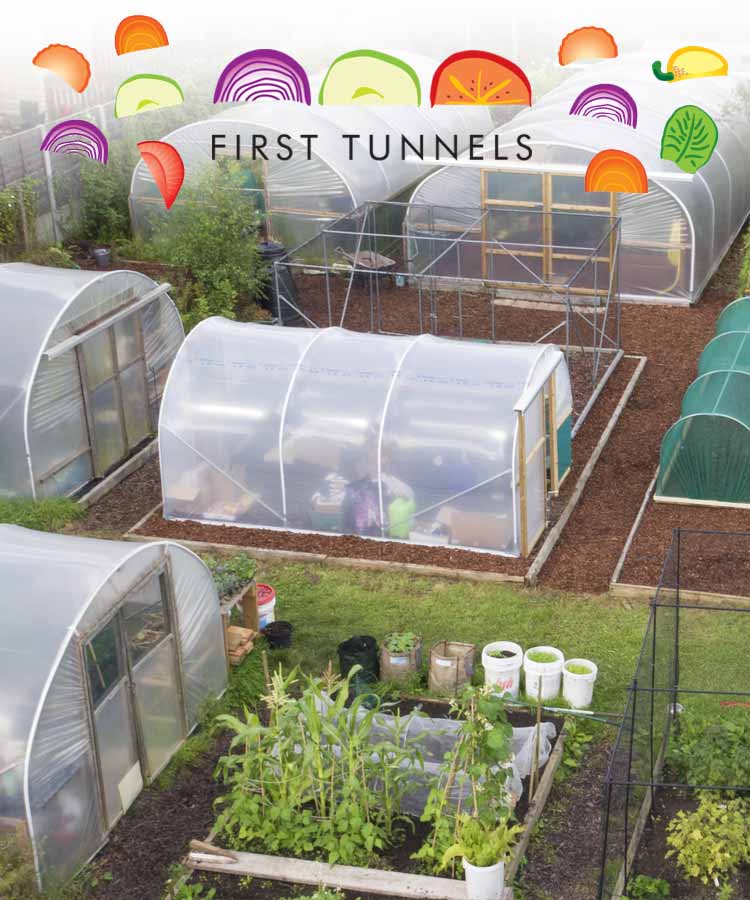A polytunnel can be a very sensible decision for those interested in household economy. Gardeners can save a substantial quantity of money by growing their own food throughout the year and a polytunnel makes it so much easier to do just that. Once you have your polytunnel, there are plenty of other ways to make using it even more economical. For example, there are a surprising range of ways to make use of rubbish in your polytunnel. Here are some suggestions of how you can do just that, saving money while reducing your impact on the planet at the same time:
Keen gardeners will know that you can never have enough seed trays and pots in which to start your seedlings. Forget about buying new plastic ones, though – plastic food trays, yoghurt pots and other packaging will do the job just as well, for no cost at all. Simply make a few holes in the base of yoghurt pots for drainage and use them as you would the bought variety.
Some seedlings will do best when their roots are not disturbed. Seeds of those plants are best sown in biodegradable plant pots, that can be planted in the soil leaving the seedling undisturbed. Don't be tempted to buy these biodegradable plant pots, however, as you can make your own using toilet roll tubes, newspaper or other scrap paper or card.
Clear plastic food packaging trays and tubs can also be used to make small, home made propagators in which to start a range of seeds. Should you require a larger, heated propagator, these can also be made by purchasing the heating system and installing it in a frame for the base from scrap wood, filling it with sand and planting medium and then creating the top from scrap plastic or with a reclaimed window.
You can extend the growing season even further than you ordinarily can with a polytunnel by using cloches. Buying enough cloche hoops for your purposes can be expensive – why not use old plastic drinks bottles instead? Cut in half, these bottles make excellent cloches to protect plants from the cold or from pests such as slugs and snails early in the season.
When you are growing your own food you will discover that very little goes to waste. Vegetable scraps from your kitchen can be composted and used to feed the soil in your polytunnel. You may even be able to increase the foodstuffs that can be composted by setting up a hot composting system or bokashi bin. Vegetable scraps and untreated paper waste can be placed straight onto a cold composting heap, or layered up beneath a topping or compost/ top soil to create the raised beds for gardens in your tunnel.
Use your imagination and you will find that there is actually very little 'waste' that cannot find a use somewhere in your polytunnel or in your garden, at least for a while before it is sent to be recycled.
